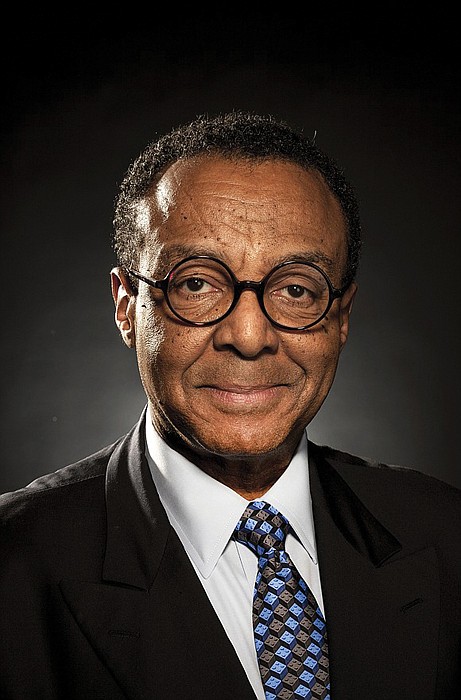What if Mary and Joseph came to today’s Washington?, by Clarence Page
1/5/2023, 6 p.m.
On the second day of Christmas, my true love said to me, “You ought to write about the family that took in the South Korean tourists who were stranded near Buffalo.”
Indeed, Alexander Campagna and his wife, Andrea, deserve to have good things placed in their stockings.
As deadly blizzard conditions piled up on the Friday before Christmas, trapping cars and emergency vehicles across the Buffalo area in New York state, the couple tried to help a group of tourists from South Korea dig their passenger van out of a ditch.
As the weather got worse and their snow shoveling couldn’t catch up, the Campagnas gave up and immediately invited the travelers in to share a big Christmas Eve dinner of Korean home-cooking and watch the Bears lose—I feel your pain, Chicago—to the Buffalo Bills.
Their heartwarming story gave news people and the nation just what we needed: some actual good news to soften the misery of a major disaster.
I needed to hear that story because I was enraged by another disaster, the busloads of migrants that Texas Gov. Greg
Abbott dropped off near Vice President Kamala Harris’official residence in Washington on the night before Christmas.
The group of about 130 men, women and children arrived short of coats or shoes as many clutched only blankets in the freezing 18-degree cold.
It was the latest stunt by Republican governors to protest President Joe Biden’s border policies. Migrants have been sent to such Democratic-run cities as Washington, Chicago, New York and Philadelphia — without advance notice.
Fortunately, mutual aid organizations in Texas notified volunteers in the District of Co- lumbia, who scrambled to meet the asylum-seekers. A church on Capitol Hill agreed to shelter the group while the mutual aid orga- nization SAMU First Response arranged 150 breakfasts, lunches and dinners by the restaurant chain Sardis, according to The Washington Post.
For his callous lack of notice, the Texas governor deserves a lump of coal. Or as Bianca Vasquez, an organizer for Wash- ington’s Migrant Solidarity Mutual Aid Network, put it, “The goal is really to dump people in a place where it will make a big political impact. The cruelty is the point.”
Whether she meant to, her comment echoes the title of a 2021 book by writer Adam Serwer of The Atlantic magazine: “The Cruelty is the Point: The Past, Present, and Future of Trump’s America.” That sounds about right to me.
Yet a spokesperson for Abbott fired back: “The White House is full of a bunch of hypocrites” whose immigration policies have overwhelmed Texas border towns.
Unfortunately, that’s not entirely wrong, either, as evidenced by the visible—and growing— presence of scores of migrant children and families sleeping on the streets in El Paso, Texas, and other border towns.
Abbott and other border policy critics caught a break from the U.S. Supreme Court on Tuesday. Justices voted 5-4 to allow Title 42 to remain in effect for now, putting a judge’s ruling that would have ended it on hold.
Title 42, strongly backed by Republicans alarmed by the number of people crossing the southern border and opposed by immigrant rights groups who call it inhumane, is a Trump-era COVID-19-related immigration policy to quickly expel asylum-seekers at the border.
That debate will go on — as immigration debates historically have a habit of doing. At this time of year, it reminds me of a classic column by the late, great Tribune columnist Mike Royko.
Often headlined “Mary and Joseph in Chicago,” the 1967 column had the unique distinction of being reprinted for years by all three Chicago newspapers for which Royko worked, including this one.
It describes how the parents of Jesus might have been treated by our police and social services system if they had arrived “flat broke” and expecting a child in modern-day Chicago instead of biblical Bethlehem.
The Buffalo folks who welcomed the strangers into their home, rescuing them from the storm, illustrate how we Americans like to think of ourselves at our best.
Abbott’s treatment of asylum-seekers does not.
The writer is a syndicated columnist and senior member of the Chicago Tribune editorial board.







